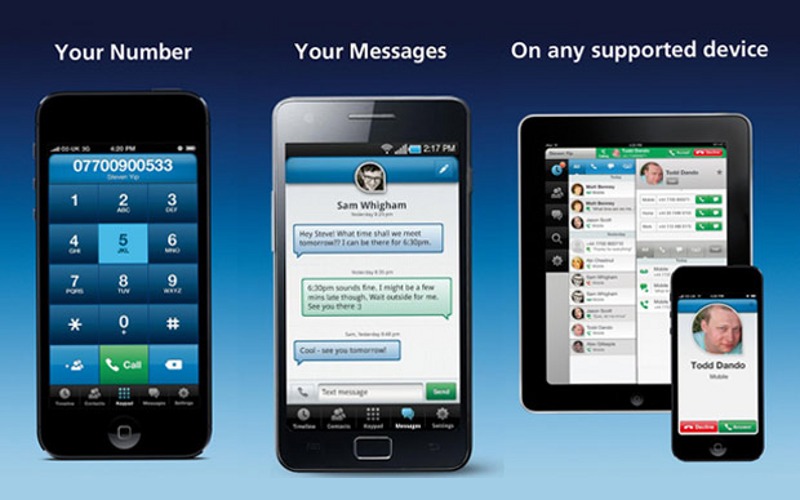There could be a VoIP application challenger in Tu Go, a service by O2 that is limited to monthly paying subcribers and is currently available for Android, iOS, and Windows 7.
Tu Go deducts charges from the user’s existing call minutes allowance while Microsoft’s Skype and other calling apps require the purchase of credit. Tu Go works over Wi-Fi and 3G or 4G data connections, rather than just Wi-Fi. The cost is the same as if the user had made a normal call through their O2 device. However, the key here is that consumers can use Tu Go over other smartphones and computers, allowing them to shed the chains of their O2 devices. Users can be logged into the service on up to five devices at once and all devices will ring when a call is received.
“Customers can now take their mobile number wherever they like, even away from their mobiles,” Tu Go product manager Caroline Dundas told BBC News.
The effort represents the telecom industry’s latest attempt to compete with third-party Voip services, and analysts suggest that Tu Go’s “innovative billing” solution could prove disruptive to the VoIP providers.
“The application is more than just another “me too” Voip app by an operator,” said analyst Jeremy Green. “It is intrinsically linked to your existing telephone number and bill, so any charges are just deducted from your bundled call deal rather than you having to buy extra credit … It merges the best of internet telephony and old fashioned calls and and is a lesson for O2’s peers in the industry.”
It’s no secret that telecoms and VoIP and messaging providers have had a love/hate relationship with one another. On the one hand, people tend to use more data, which could benefit the Telecoms, but not as much as you might think. On the other, a pretty large chunk of income for the telcoms is lost due to Viber or Kik Messenger being able to provide calling and messaging services for a fraction of the price of carriers.
The VoIP and messaging app threat was spotlighted yesterday when the chairman of China Mobile – the world’s largest telecom carrier – admitted that he was more concerned with competition from Skype and Tencent’s WeChat services than it was about competition from China’s rival mobile networks.
With dozens of VoIP and messaging apps available out there, most of which are covered here on TruTower, it’s only natural for carriers to want a piece of that ever-growing pie too. As time goes on, the entire segment is only going to get more competitive.

